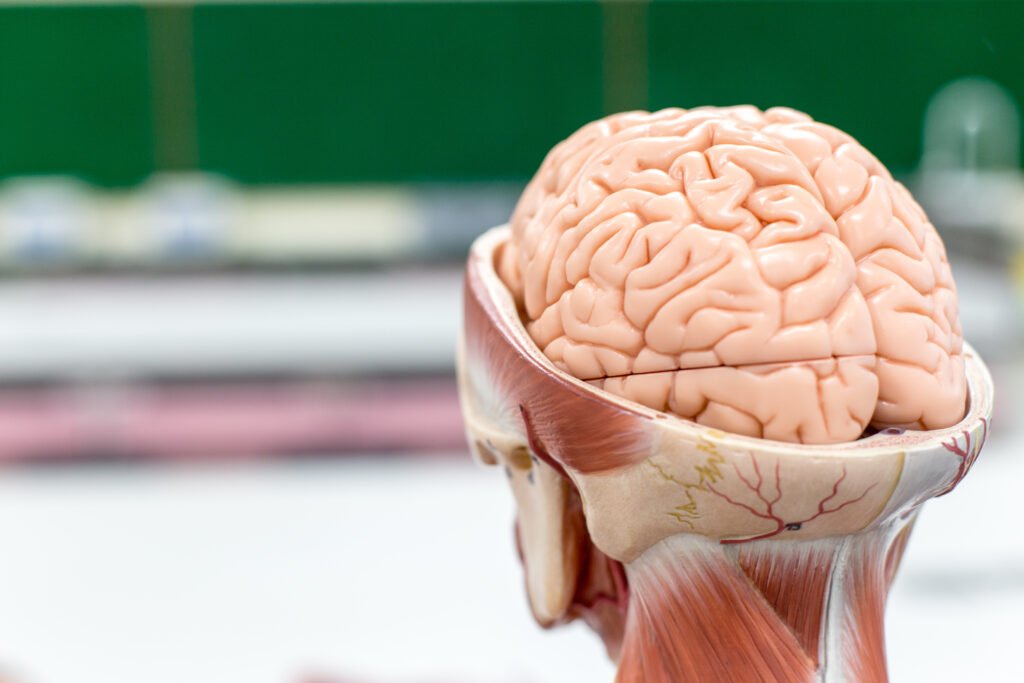Groundbreaking research reveals Alzheimer’s patients have dramatically lower levels of critical brain antioxidants, exposing a potential pathway to protect aging Americans from cognitive decline.
Story Highlights
- Alzheimer’s patients show severe deficiencies in lutein, zeaxanthin, vitamin E, and retinol in brain tissue
- Antioxidant deficits may accelerate neurodegeneration by increasing vulnerability to oxidative stress
- Mixed clinical trial results suggest targeted interventions could benefit specific populations
- Rising Alzheimer’s cases projected to reach 152 million globally by 2050 without intervention
Critical Antioxidant Deficiencies Discovered in Alzheimer’s Brains
Research directly measured antioxidant levels in brain tissue from Alzheimer’s patients, revealing stark deficiencies compared to healthy individuals. Scientists found dramatically lower concentrations of lutein, zeaxanthin, vitamin E, and retinol—essential compounds that protect neurons from oxidative damage. This represents concrete evidence of biological factors that may contribute to the disease’s progression, offering hope for targeted nutritional interventions that could help families protect their loved ones from cognitive decline.
Your brain can grow new cells even as you age—a process called neurogenesis.
But it needs fuel: DHA, magnesium, vitamin D, B12, and creatine.
These nutrients boost memory, focus, and protect against cognitive decline like Alzheimer’s.
Feed your brain to keep it sharp. pic.twitter.com/PB5BacVIMt
— Living Tricks (@LivingTricks_) September 4, 2025
Oxidative Stress Connection Links Diet to Brain Health
Oxidative stress occurs when harmful reactive oxygen species overwhelm the brain’s natural defenses, damaging neurons and accelerating neurodegeneration. Antioxidants neutralize these destructive molecules, but Alzheimer’s patients appear unable to maintain adequate protective levels in their brains. This finding validates decades of research suggesting that proper nutrition plays a crucial role in maintaining cognitive function as Americans age, particularly as projections show cases rising to 152 million worldwide by 2050.
Mixed Clinical Results Highlight Need for Targeted Approaches
While some clinical trials of antioxidant supplements showed disappointing results, researchers note these studies often used broad approaches rather than targeting specific deficiencies. Evidence suggests that vitamin combinations, particularly vitamins C and E together, may provide benefits that single supplements cannot achieve. This points to the complexity of brain nutrition and the importance of personalized interventions rather than one-size-fits-all solutions promoted by conventional medicine.
Promising Prevention Strategy Emerges for Aging Population
The research offers a practical pathway for Americans concerned about protecting their cognitive health. Unlike expensive pharmaceutical interventions, antioxidant-rich foods and targeted supplementation represent accessible options for addressing documented deficiencies. Researchers emphasize the need for further clinical trials to determine optimal dosages and combinations, but the evidence suggests that correcting antioxidant deficits could help slow disease progression and preserve mental faculties in our aging population.
This breakthrough challenges the medical establishment’s focus on costly drug treatments while highlighting the fundamental role of nutrition in brain health. As families face the devastating impact of Alzheimer’s disease, these findings provide hope that simple dietary interventions could make a meaningful difference in preserving cognitive function and maintaining quality of life for millions of Americans.
Sources:
Role of Antioxidants in Alzheimer’s Disease Prevention and Treatment
Oxidative Stress and Neurodegeneration in Alzheimer’s Disease
Alzheimer’s Disease Dementia Patients Deficient in Key Nutrients
Antioxidant Supplementation and Cognitive Function







